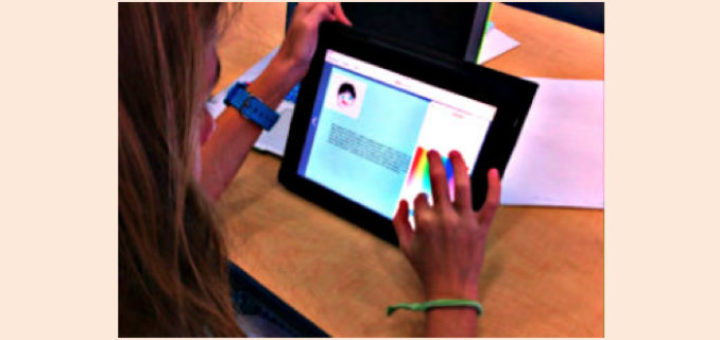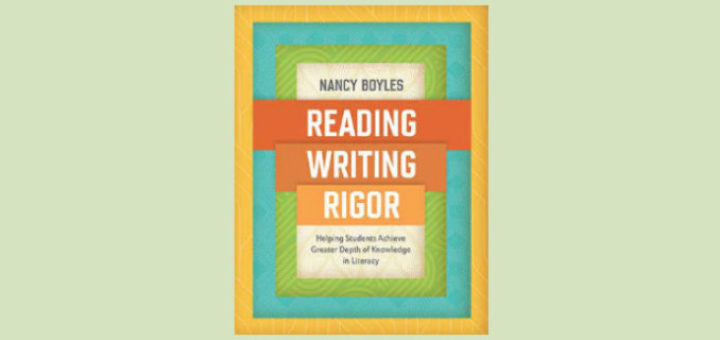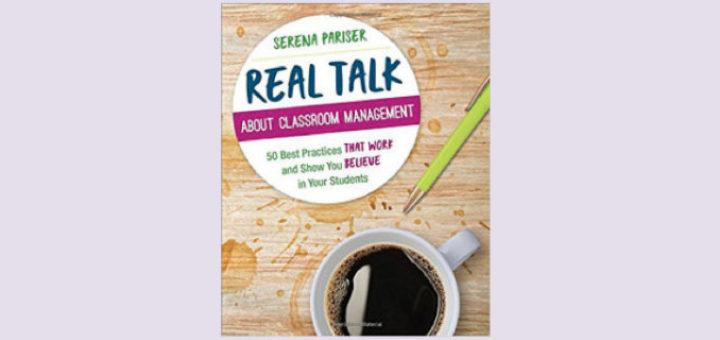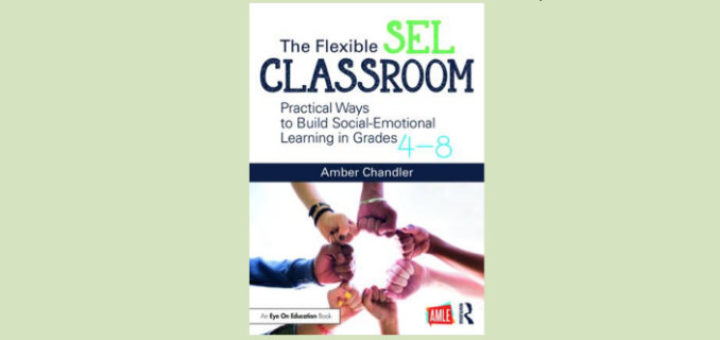Stop Boring Nonfiction Writing. Save the World.
Writing interesting nonfiction is a valuable student skill. So why is most of it so boring? A focus on content and conventions isn’t sufficient, says teacher Angie Miller. See her strategies to help kids read like writers and engage audiences with writing that fascinates.




















